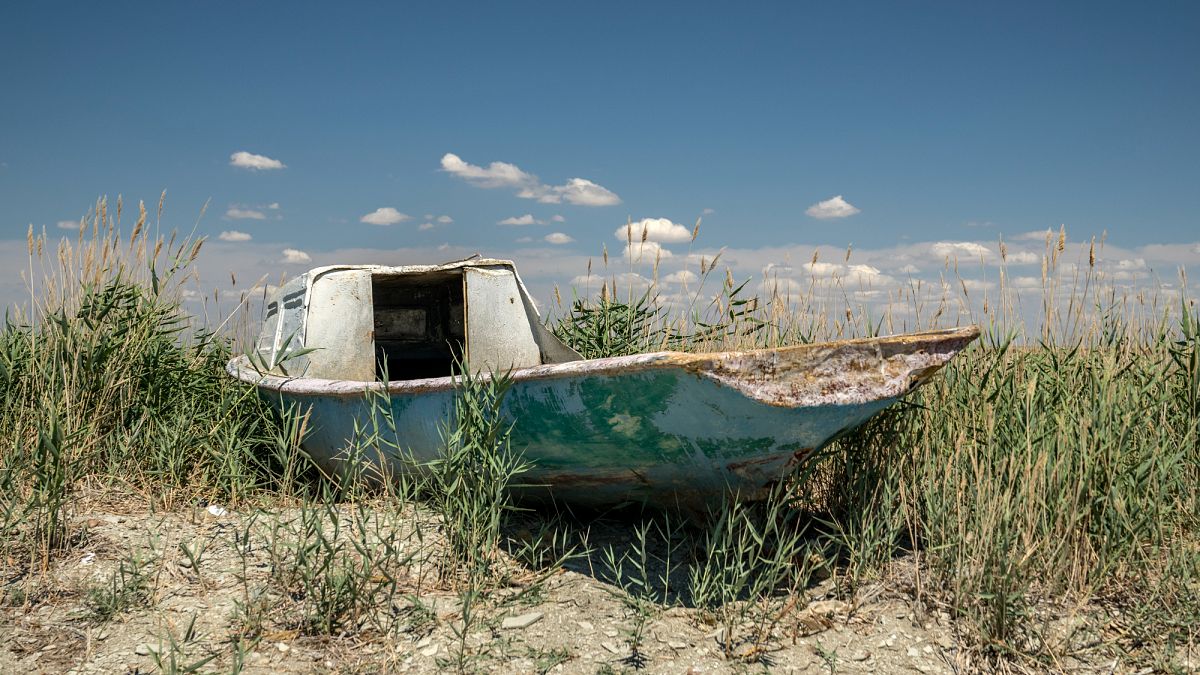
"Afghanistan's Qosh Tepa Canal will redirect 20-30% of the Amu Darya River flow, threatening Central Asia's water security by drastically reducing water supplies for downstream countries."
"Uzbekistan may face a 15% cut in water supply, while Turkmenistan's could shrink by up to 80%, leading to severe economic impacts and potential conflict."
"Experts warn that a decline in Amu Darya flow may force Uzbekistan and Turkmenistan to extract more water from the Syr Darya, adversely affecting Kazakhstan."
"The Qosh Tepa Canal is criticized as 'the last nail in the coffin' for the already devastated Aral Sea, indicating a dire need for cooperation among nations."
Afghanistan is rapidly building the Qosh Tepa Canal, which aims to increase irrigation for 500,000 hectares of land by redirecting 20-30% of the Amu Darya River's flow. This project threatens the water security of downstream nations like Uzbekistan and Turkmenistan, leading to potential reductions of 15% and 80% in their water supplies, respectively. Experts express concerns that these reductions could result in cross-border tensions. The proposed canal could devastate the Aral Sea, necessitating collaborative efforts among Central Asian states to manage resources effectively and sustainably, promoting equitable sharing of water and food supplies.
Read at euronews
Unable to calculate read time
Collection
[
|
...
]